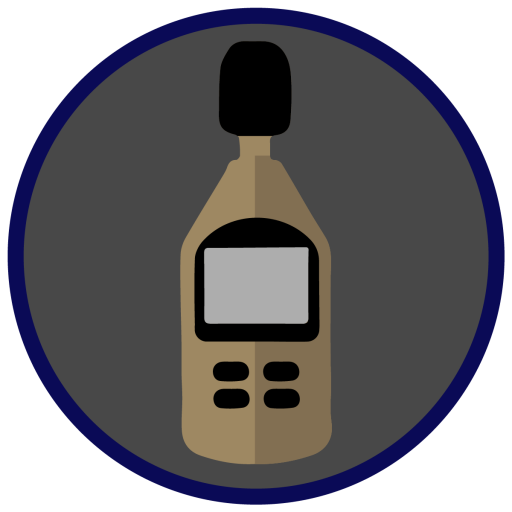$375.00
Note: This course is not eligible for any discounts or promotions other than our Premium Membership pricing.
Description:
This online course provides a foundational understanding of key Occupational and Environmental Health and Safety concepts as the basis for the anticipation, recognition, evaluation, and control of workplace hazards. This course is perfect for early career health and safety professionals, occupational and environmental health and safety students, occupational health specialists, and other industry specialists who want a broader understanding of how recognizing and controlling workplace hazards is key to keeping workers safe.
The required amount of time to complete the course is dependent upon your knowledge of workplace safety, but we find that the average completion time is approximately 10 hours. You have up to six months to complete the course.
Upon successful completion of this course, the student will have the knowledge, skills, and abilities to:
The value of occupational hygiene and the role of the occupational hygienist
The fundamentals of anatomy and toxicology
The range of hazards (physical and chemical) in the workplace, including sources and potential routes of exposure
Hazard evaluation, exposure assessment, and sampling processes
Basic methods of controlling exposure
Potential career paths for OEHS professionals
Prerequisites and Authorization:
The Basic Principles of Occupational Hygiene is a foundational course which requires no prerequisites; however, prior knowledge of workplace safety is highly recommended. This online self-study course will benefit those new to occupational and environmental health and safety, current health and safety professionals, and occupational health specialists (including physicians and nurses).
Specialists in subjects such as acoustics, ergonomics (human factors), work organization, biosafety, engineering, or analytical chemistry will gain a broader appreciation of how their role helps protect workers from workplace-related hazards and health issues.
[Copyright © 2021 by AIHA® All rights reserved. No part of this course may be reproduced in any form or by any other means— graphic, electronic, or mechanical, including photocopying, taping, or information storage or retrieval systems—without written permission from the AIHA.]
Continuing Education Units:
One (1.0) CEUs are offered for this course. As an IACET Accredited Provider, NASP offers IACET CEUs for its learning events that comply with the ANSI/IACET Continuing Education and Training Standard. CEUs will be reflected on the Certificate upon successful completion of the course and passing the exam. Partial credit or adjusted CEUs will not be awarded for individuals who do not successfully meet the criteria for achievement of CEUs.
Online Exams:
The student will take a comprehensive online exam at the end of the course. You must score 80% to receive certification. You have two opportunities to pass the exam.
Recertification:
This course has no recertification requirements.
Non-discrimination Policy:
NASP is committed to maintaining a work and learning environment free of all forms of discrimination. View the full document here.
Proprietary Interest Disclosure:
The instructor(s) has no financial interest in any course documents, products, tools, or instruments. View the full document here.












